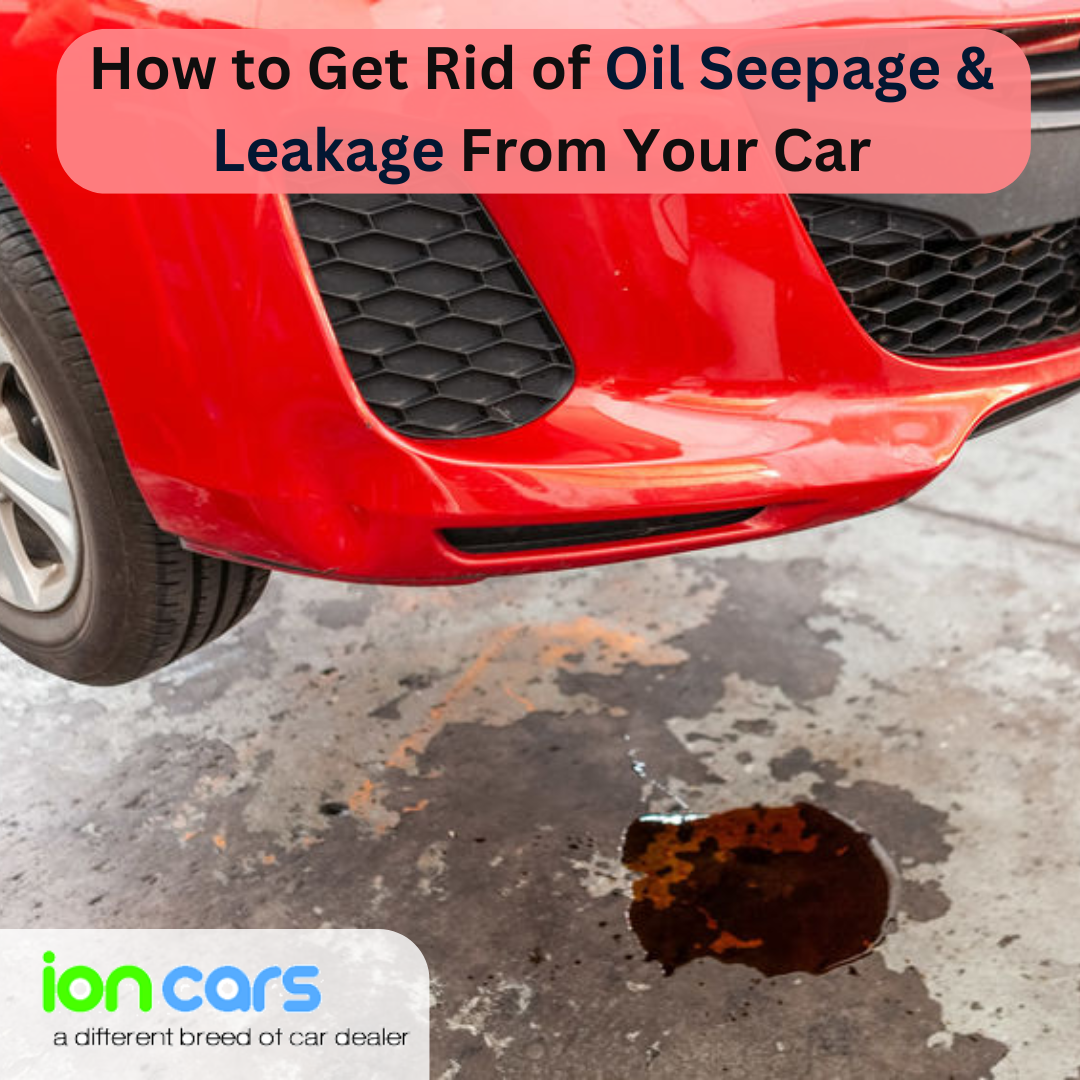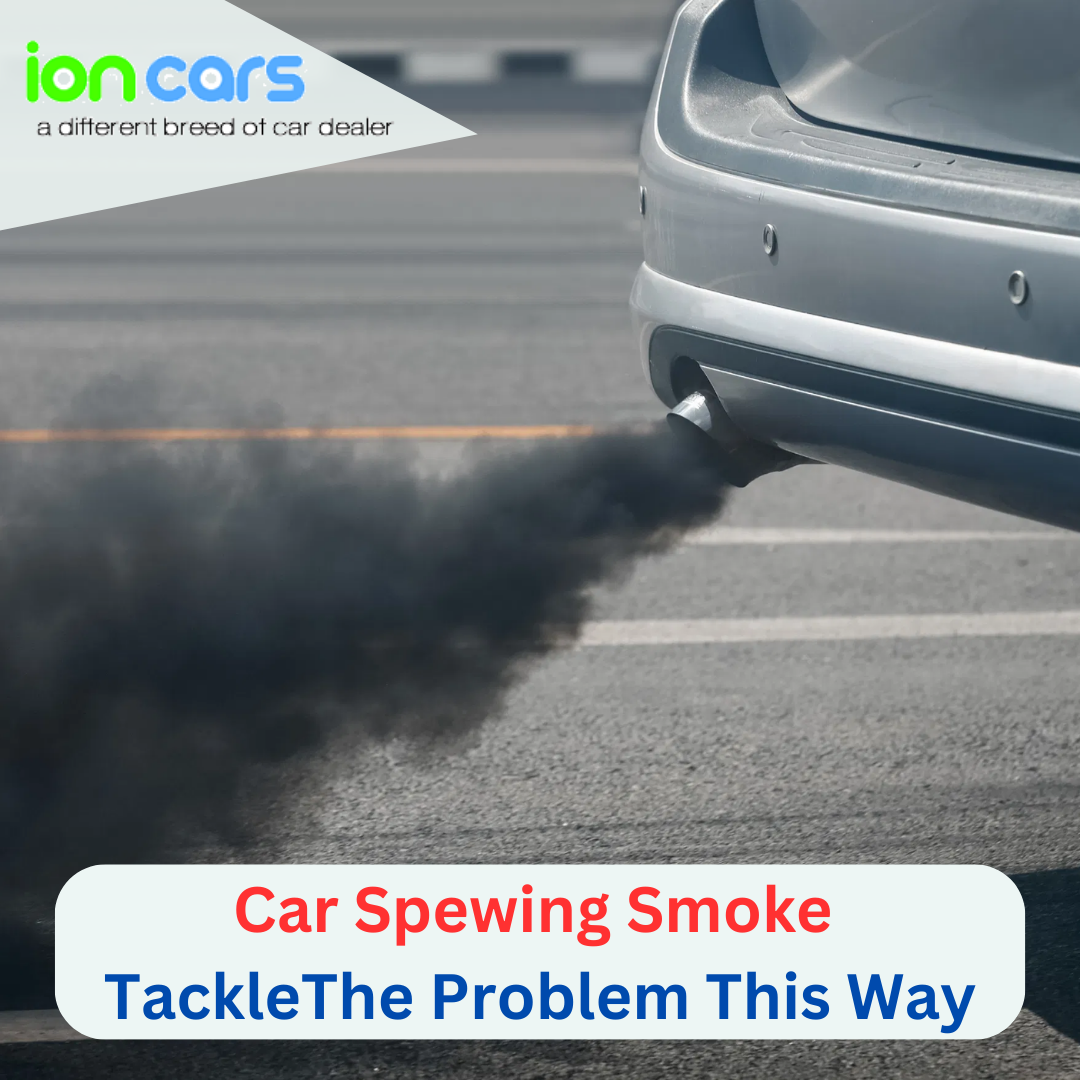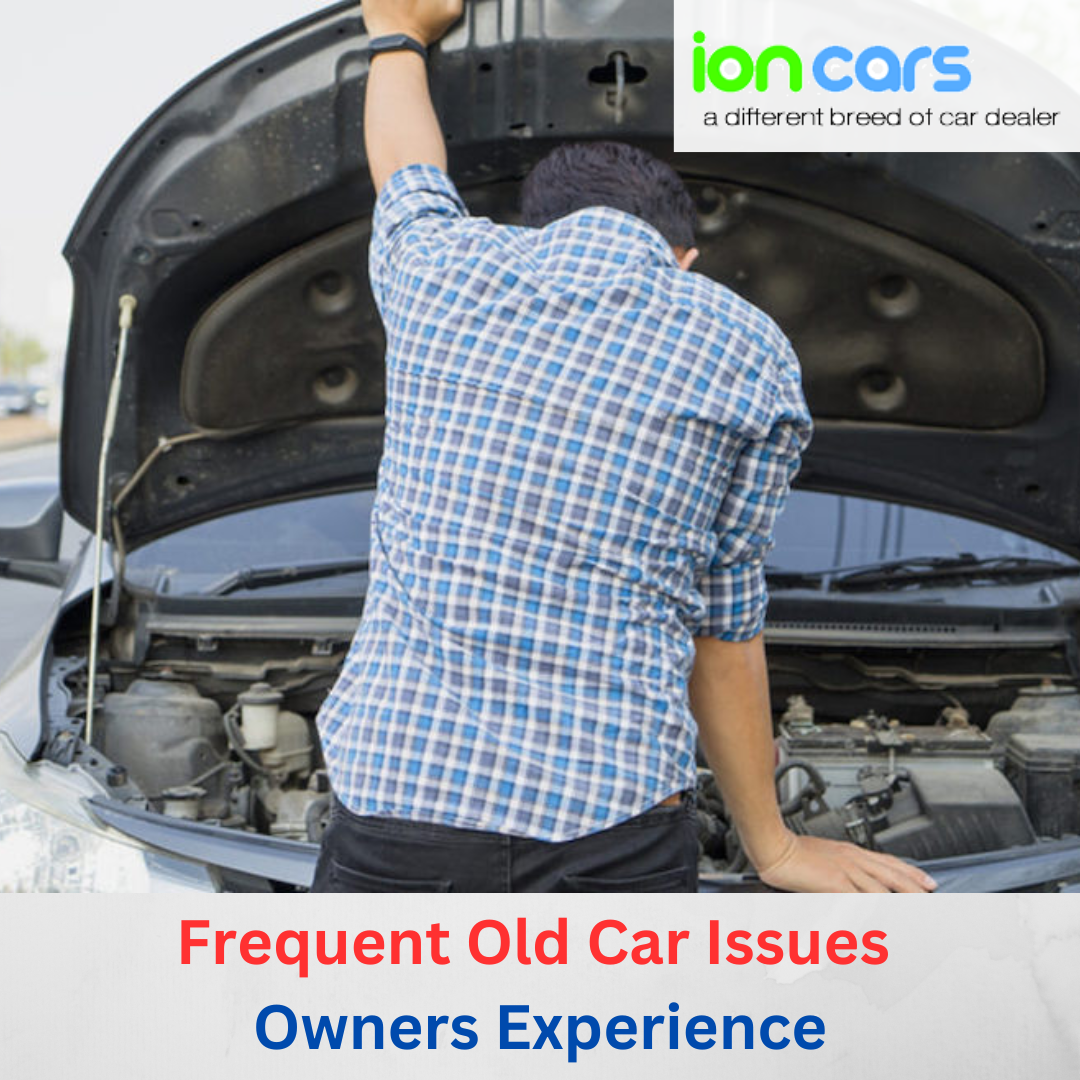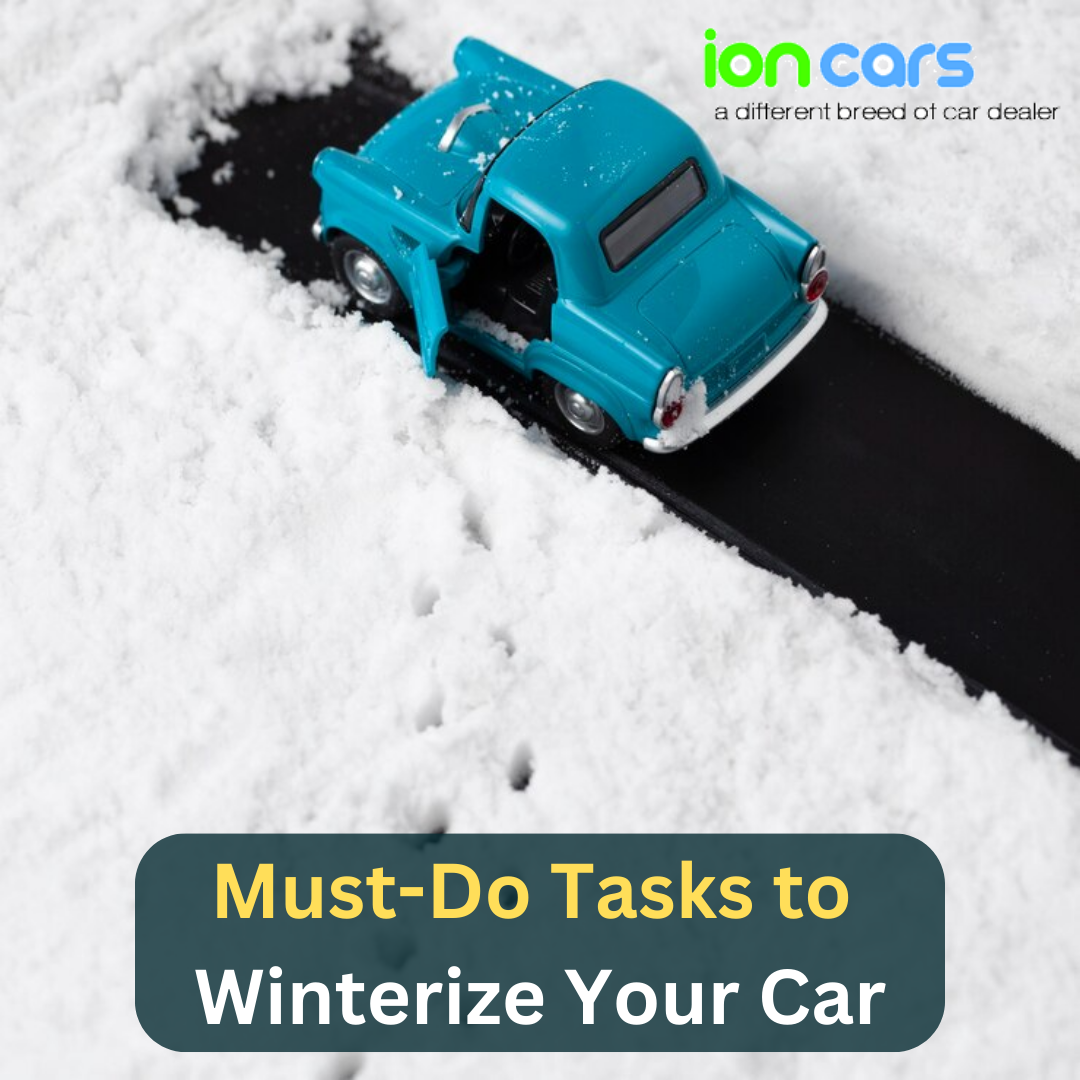- Super User
- Blogger
- Hits: 237
How to Get Rid of Oil Seepage & Leakage From Your Car
A car is a machine with lots of moving parts. The most complicated of those is the car's engine. As it is the most complicated it needs care and oil for lubrication. An engine faces wear and tear and most of the friction created in it is taken care of by the engine oil.
But what if the engine oil starts leaking? Well, there are many causes and we shall take a look at them one by one. Before starting let us know the importance of oil. Most of us know that the engine oil is for lubrication purposes only but it is worth more. In modern cars, engine oil takes care of the lubrication and temperature of the various engine components. For example, the turbo has oil flowing inside its core, and that helps in lubrication as well as controlling the temperature of the turbo core.

Let's Take a Glance at the Types & Causes of Oil Leaks.
Locate the source: Inspect your car's engine and underneath for any signs of oil leaks. Common areas include the oil pan, valve cover gasket, oil filter, oil cooler lines, and seals.
Tighten loose components: Sometimes, oil leaks occur due to loose bolts or fittings. If you find any, tighten them appropriately.
Replace gaskets and seals: If the leak is coming from gaskets or seals, they may need to be replaced. This could include the valve cover gasket, oil pan gasket, timing cover gasket, or any other seals that are worn out or damaged.
Check the oil filter: Ensure that the oil filter is properly installed and tightened. If it's damaged or leaking, replace it.
Inspect the oil drain plug: Make sure the oil drain plug is tightened securely. If it's damaged or stripped, it may need to be replaced.
Examine hoses and lines: Inspect all hoses and lines connected to the engine for any cracks, holes, or loose connections. Replace any damaged hoses or lines.
Clean the engine: Once you've fixed the leak, clean the engine and underneath the car to remove any oil residue. This will make it easier to detect new leaks in the future.Monitor the oil level: After fixing the leak, monitor the oil level regularly to ensure that it remains at the proper level. If the oil level drops significantly, it could indicate another leak or a problem with the repair.
Seek professional help if needed: If you're unable to identify or fix the leak yourself, or if the leak persists after attempting repairs, it's best to take your car to a professional mechanic. They have the expertise and tools to diagnose and repair the issue effectively. Meanwhile, keep a check on the oil levels and top up as and when required.
If you no longer want to continue with your existing car and are looking for a dealership to buy your car, contact Buy My Car in San Francisco. Get on-the-spot cash in 15 minutes. Contact Ion Cars today at 415.255.2800 and schedule an appointment for a free evaluation at your doorstep.






